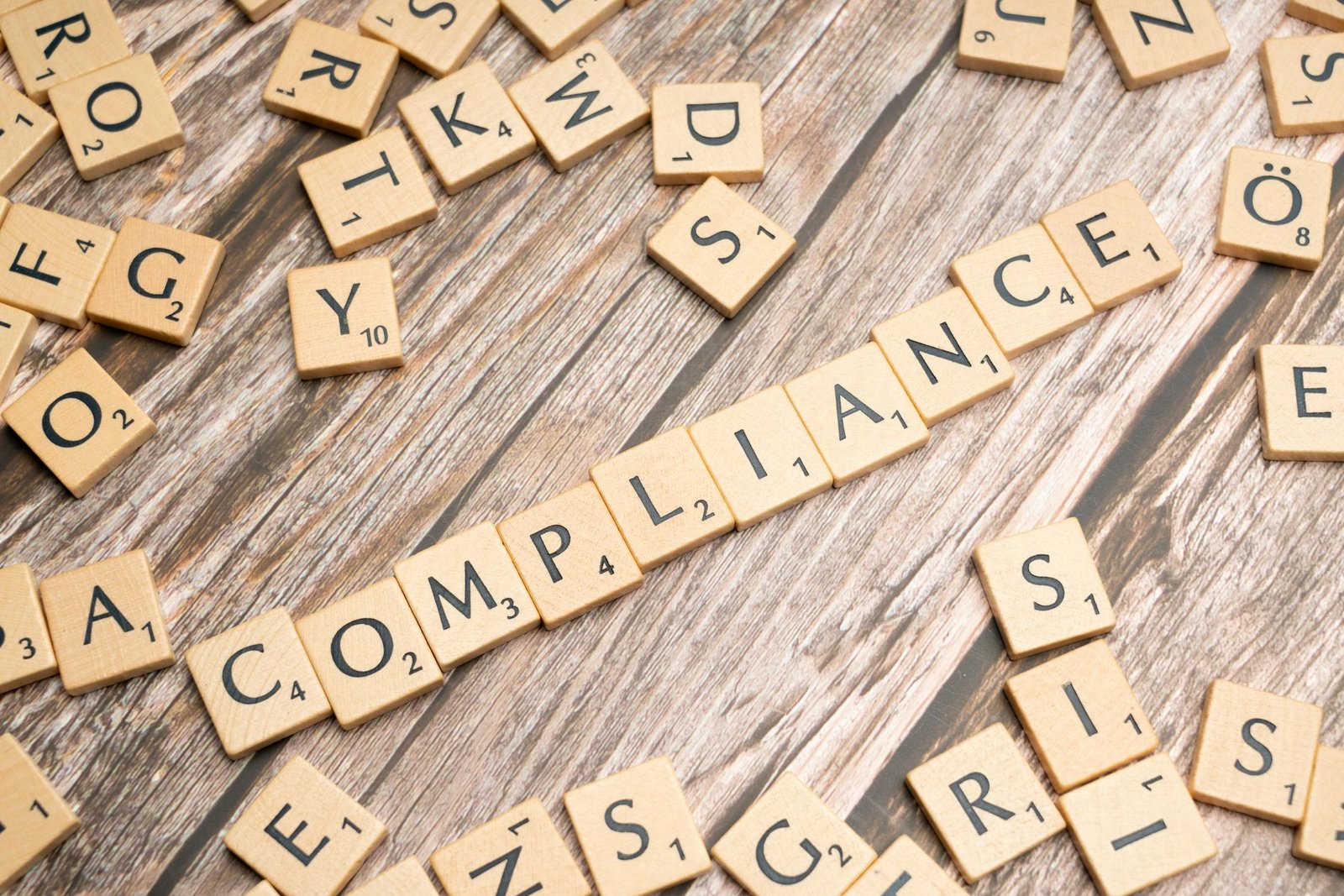Localization is crucial to the growth of companies worldwide, but it poses a problem for those in heavily regulated industries. Healthcare, finance, pharmaceuticals, aerospace, etc, have a stringent regulatory regime when expanding into overseas markets. Then, localization becomes complicated, not only because of the translation of languages but also because of adherence to local regulations and standards. You need a professional localization company in such scenarios, where any small mistake can lead to expensive legal action or injury to consumer safety. In this article, we will see some invisible pitfalls of localization in highly regulatory verticals and how collaboration with the right localization firm can help you overcome them.
The Importance of Localization in Regulated Industries
Not everything is translated into a new language localization. It means interpreting a product, service, or material in a region’s specific language, culture, and legal requirements. In the case of regulated industries, this also means meeting each country’s legal and regulatory standards. For example, pharma companies need to translate their labeling, instructions for use, marketing materials, etc, and make them meet local standards. In the same way, banks have to ensure that their statutes, contracts, and other public interactions conform to local regulations.
Inaccuracies in localization can have a huge impact on the regulated sector, such as recalls, steep fines, and reputational loss. Localization is, therefore, crucial in ensuring businesses are compliant and offering products and services that resonate with local consumers.
Regulatory Compliance: A Complex Web
The biggest issue with the localization of regulated businesses is the regulatory tangle. Such regulations vary significantly from country to country and even country to country. For instance, data privacy laws are stringent in the European Union (GDPR), and the United States has different regulations in place for healthcare (HIPAA) and finance (Dodd-Frank). Businesses opening up to such regions must check that all localized content complies with the applicable laws, which is time- and resource-intensive.
Furthermore, these rules don’t just come and go. Any localization company working in regulated sectors needs to remain informed of industry trends and regulations to stay up to date so content doesn’t get pulled. This entails ongoing monitoring and updates to local materials, which are often particularly challenging for an industry with frequent regulatory updates.
Cultural Sensitivity and Local Nuances
Cultural awareness in regulated markets must complement regulatory compliance. It will lead to consumer alienation and brand destruction when your company fails to correct local standards or habits or fails to respond to the customs and culture. For instance, in marketing, campaigns that prove effective in one nation can be misguided in another because of cultural differences. This is particularly so in healthcare and pharmaceutical companies where consumer trust is critical.
A localization company must consider cultural implications while transcribing and localizing content. That goes from checking if product names don’t sound offensive in the target language to knowing local preferences for presentation. You’ll also have to learn the culture and the regulatory environment well to make content relevant to the local market while still complying with local laws in regulated industries.
The Role of Technology in Localization
Technologies help solve the issues of localization for controlled industries. Translation management systems (TMS), content management systems (CMS), and machine translation tools have improved the ability to manage and automate the localization process. But Machine Translation alone cannot help industries where compliance and accuracy are important.
A good localization company will deploy technology and human talent to ensure that the localized content meets standards. For example, machines can process massive volumes of content very quickly, but human translators with industry knowledge are crucial to quality and compliance. Furthermore, terminology management systems and glossaries enable localization companies to assure consistency across translations (especially in regulation domains that demand precise terminology).
The Challenge of Maintaining Consistency Across Markets
Another area where companies in regulated sectors struggle is maintaining consistency between localized content and markets. A pharmaceutical manufacturer, for instance, can sell the same product in different countries, but its labeling must be localized to follow the country’s regulations. The core message and brand need to be identical, but local content needs to be in sync with local laws and culture.
A localization agency has to achieve a compromise between uniformity and customization. This necessitates proper communication and coordination among the localization team and company legal, regulatory, and marketing departments. There are also quality assurance mechanisms to ensure localized content is reliable, regulatory compliant, and consistent with the company’s brand plan.
Managing Multilingual Documentation and Training
Highly regulated sectors need a lot of documentation, be it internal, compliance, or customer documents. For businesses such as medical care or pharmaceuticals, such documents must be translated. A key part of localization is making sure this documentation is translated and compliant with the regulations of the jurisdiction.
Companies in controlled fields also tend to have training documents for their employees, suppliers, and clients. These training materials have to be contextualized based on local laws and cultural preferences. A medical device manufacturer, for instance, may have to translate its manuals and instructional videos for physicians in different countries, ensuring that all the data are correct and meet local medical regulations.
Any localization firm with experience in these kinds of regulations can help translate and localize sophisticated content in a way that is legally compliant and appropriate for the target audiences.
Data Security and Privacy Concerns
Data privacy and security are priority issues for businesses within regulated verticals, which contain confidential customer information, like financial or medical data. Translating content for these sectors means fully complying with local data privacy regulations, like GDPR in Europe or HIPAA in the United States.
Localization companies also have to take strict security measures to ensure that important information stays safe during localization. These can include using secure translation tools, protecting sensitive files, and having all the members of your team who handle the data comply with the applicable data protection regulations. Inaction will result in heavy penalties for both the company and the localization provider.
Conclusion: Partnering with a Professional Localization Company
Localization of highly regulated industries is challenging, not only from a linguistic and cultural perspective but also from the industry’s regulatory perspective. A professional localization provider can help businesses avoid regulatory hassles, cultural adaptability issues, and data protection issues to get their products or services to international markets.
The correct localization company will have the experience, tools, and workflow to ensure that content is localized precisely, complies with local laws, and is culturally native to the target market. For a domain shrinking, the wrong choice is very consequential; selecting an industry-leading company is essential for global success.










